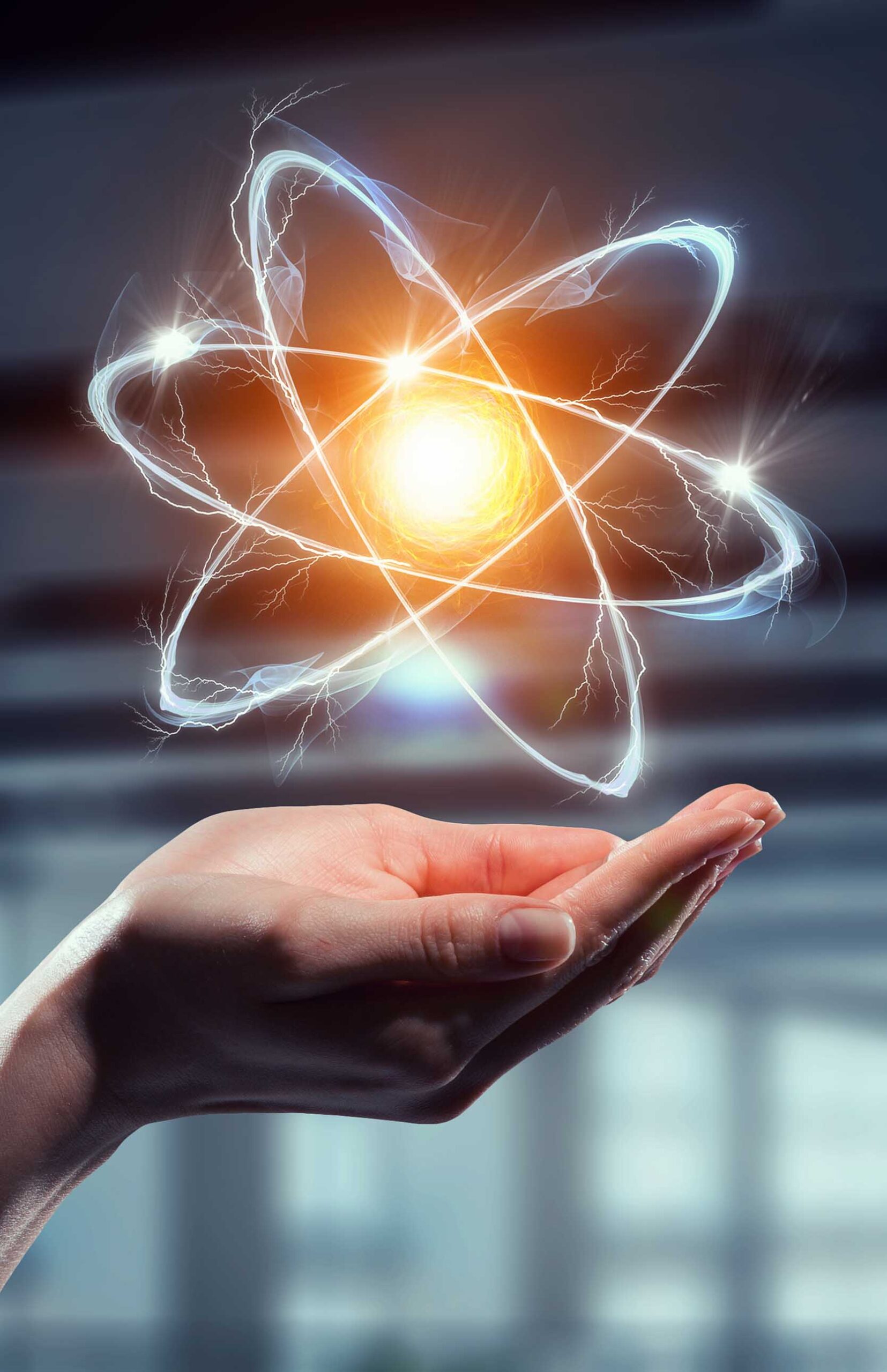
What is Dark Field Microscopy and What can it tell us?
A Darkfield Microscopy is a blood test in which a drop of blood is taken and looked at immediately using a special form of lighting that allows to see living cells without staining. It provides a look at overall health, microorganisms may be detected, distortions of red blood cells (can reflect nutritional status), and possibly undesirable bacterial or fungal life.
Interpretation of the Darkfield can detect early signs of illness from the forms on the slide. Specifically, Darkfield Microscopy reveals distortions of red blood cells, possible undesirable bacterial/fungal/parasitic life forms, inflammation, and immune activity. The general pattern of findings is most revealing of a person’s imbalances. Certain findings or combination of findings may indicate: nutritional deficiency (vitamins/minerals), digestive disorders, infections, hormonal imbalances, immune dysfunction, environmental toxicity, internal toxicity, and/or altered blood pH. The findings in the blood can be seen early in diseases/conditions, sometimes before symptoms appear or before the disease is diagnosable. Early intervention and changes in health habits can alter the course of a person’s health. Darkfield testing can be used to reassess for changes after treatments and/or changes in lifestyle are implemented to monitor progress as well.
The results of the Darkfield Microscopy study were so profound that we decided to do more. We worked with Dr. Beverly Rubik to conduct two randomized, blinded, and sham-controlled studies with the Leela Quantum Bloc. The goal of these studies was to test if the Leela Quantum Bloc would protect human subjects from the adverse blood changes caused by exposure to Wi-Fi radiation. The results of both studies show consistent mitigation of the negative blood effects.
The two studies are very similar and both will be summarized on this page. You can also find a PDF to each of the study documents at the bottom of the page. Rubik Study #2 serves as an extension of Rubik study #1 because it uses more human subjects and allows for statistical analysis. The only notable difference between the studies is the strength of the radio frequency radiation exposure which was -10dBm in Study #1 and -25dBm in Study #2. However, the procedures, analysis, and results are essentially the same between the two studies.
These studies were randomized, double or single blind, and sham-controlled, which is the gold standard of clinical medical research. In total, 16 human subjects were exposed to microwave radiation from a Wi-Fi router placed nearby. Their blood was examined under a darkfield microscope to look for changes, if any, compared to baseline (no exposure), after exposure for 10 minutes to the radiation, and again following exposure for another 10 minutes with their hands placed in either a sham (A) or active Quantum Bloc (B) device. These are exploratory studies to look for a protective effect on the blood from the active Quantum Bloc device compared to a sham device (placebo).

The baseline blood tests of all subjects revealed normal healthy blood. Also, all 16 subjects showed adverse blood changes due to Wi-Fi radiation exposure—sticky red blood cells (RBC)—rouleaux and RBC clumping, and greater quantities of fibrin. The blood microphotographs of all subjects show a consistent change when comparing baseline, wi-fi exposure, and Quantum Bloc exposure.
Figure 1 below shows the average values of blood parameters for radiation exposure alone compared to exposure with Device B (Quantum Bloc) during Rubik Study #1. The protective effects of Device B are clear in that red blood cell rouleaux, aggregation, and fibrin formation are reduced. The greater activation of white blood cell motility is also noteworthy.


The results from both studies clearly show readily observable, substantial changes in blood morphology from short-term exposure to moderate levels of Wi-Fi radiation exposure all of the subjects. RBC aggregation and stickiness as well as early fibrin were observed in live blood samples following 10 minutes of exposure to microwave radiation. The Quantum Bloc showed a clear protective effect in preventing the red blood cells from sticking together, reducing early fibrin formation, and increasing white blood cell motility.
This study has important strengths and some limitations. It was a single blinded, randomized, sham-controlled, microwave exposure-controlled study. Subject fasting was also controlled, as was the time of day when subjects each came to the laboratory for their sessions. An unbiased method of photographing the samples near the center of the blood specimen was used. The researcher has many years of experience in blood microphotography and developed a Likert scale to reliably score blood factors using a well-trained eye. The blood changes recorded by microphotography are clear, objective, and visually compelling.
This study demonstrated a significant protective effect of the Quantum Bloc technology on the blood following only a 10 minute exposure. Larger studies with more subjects, multiple exposures with different or additional EMF devices, and of longer duration of exposure could be done to extend these results. It could also be worthwhile conducting longterm studies in the real world in which humans are exposed to Wi-Fi and other microwave signals throughout the day from numerous communication devices including cell phones, wireless landline phones, computers, tablets, and smart electric meters, to see how the protective effects and benefits from this technology can be best extended and leveraged.
We are happy with the results and looking forward to further studying the positive effects of our products. If you want to learn more about the Leela Quantum Bloc, click here! Use the links below to view the study documents.